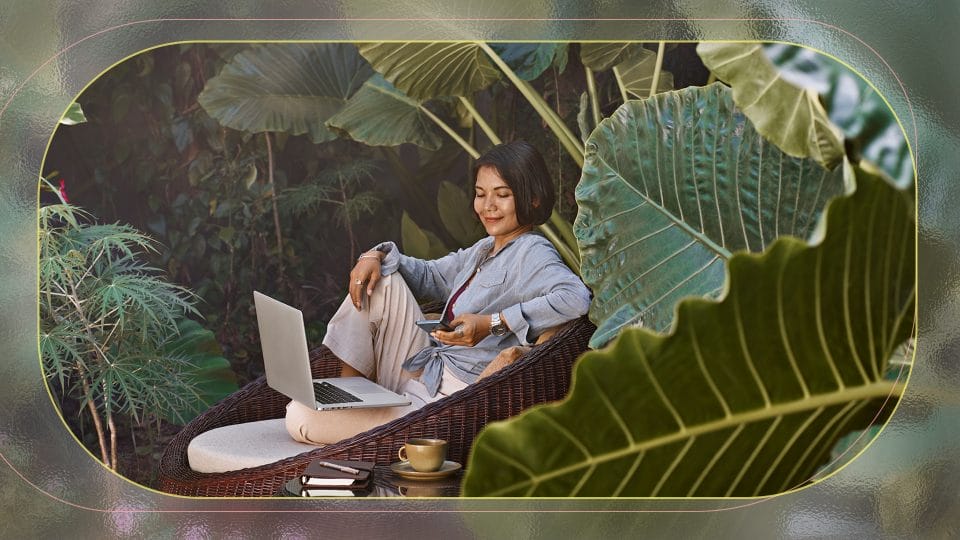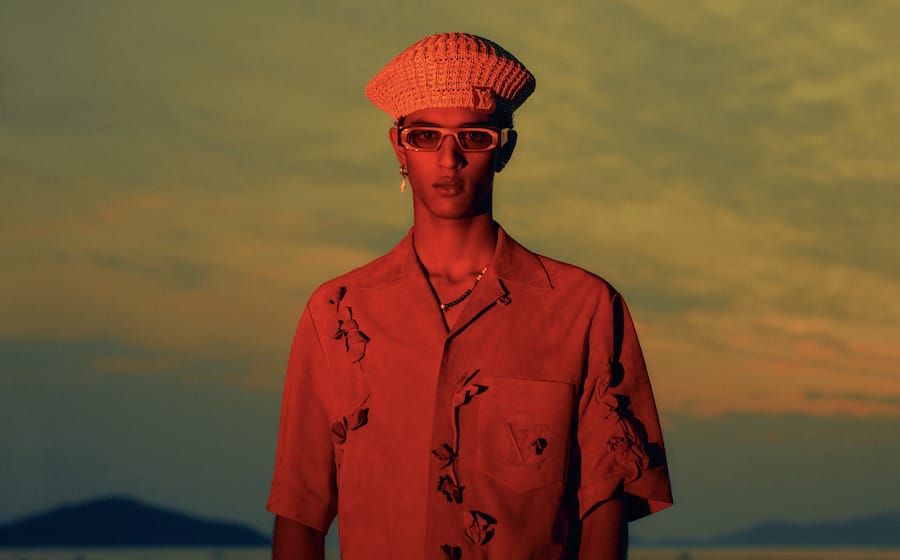
It is no surprise for people to start going off the grid now, to enjoy this slight moment of reprieve before the year begins at full throttle again. It was a year of overall positive change with regards to our relationship with the pandemic, but how that has impacted our lives beyond the immediate future is something not everyone can really be prepared for. We speak to Helen Sac, the consultant director of APAC at trend-forecasting and analytics company WGSN, to understand a little bit more about what the future looks like, dealing with the power of insight, and how entrepreneurs looking to start new business should go about making their industry debuts or comebacks in 2023.
Hi Helen! Please take me through what the trend forecasting process is like.
WGSN’s research methodology has grown immensely over the 11+ years that I’ve been in the industry. The acquisition of new technology and data trackers really sets us apart from our competitors, and our proprietary methodology allows us to predict trends on an 18-24 month horizon with 90 percent accuracy. We’re also truly global, our reach spans 128 countries and with that the eyes and the expertise across the globe. We work with over 250 industry experts globally to map influencers, disruptors and changemakers to deliver clear and specific action points for brands and marketers.
Being physically tapped in and digitally plugged in, we can quite clearly identify the signals of change and evaluate, verify and forecast trends.
How has the concept of “home” changed over the past two years with the pandemic?
The pandemic has caused a mass migration of activities to the home, and it has evolved into a multipurpose place to work, unwind, exercise, educate and entertain. Specifically for the way we live, work and play, the pandemic has allowed us to bring these activities to our homes and has changed the way we live.
For instance, Covid supercharged the sentiment of working smarter which made the daily commute and nine-to-five schedule started to feel anachronistic. Efficiency can now be achieved on different terms. The shift to working from home has also led us to be more intentional about how we rest, relax and entertain, resulting in new habits which will become embedded behaviours over the coming years.
Why do you think it took a pandemic for the world to accept the benefits of a more flexible work-life balance?
The pandemic and worldwide lockdowns have forced us to relook into the way we work and measure efficiency, as we are now putting more emphasis on work-life balance. Coupled with burnout and the Great Resignation, this change has also opened up space for us to explore new and more dynamic ways of working – whether that be trialling four-day weeks, moving towards FIRE (financial independence, retire early), or simply re-organising the day to make time for personal goals.

Do you see this work mode persisting even as we all return to offices without masks?
According to the Microsoft Work Trend Index 2021, 73% of workers want flexible and remote options to stay. The hybrid world is very much here to stay, even as we all return to pre-pandemic days and return to the offices without masks.
The pandemic has opened the possibility to alternative and hybrid work arrangements and the impact of this historic transition will take place in a more permanent shape: companies will be formalising hybrid working arrangements, people will be replacing makeshift home offices with more long term (and comfortable) set-ups, and more people will be planning their next move or taking up side hustles from the kitchen table amid an economic downturn.
Regardless of the industry, there will be rewards for businesses that can help people live their most dynamic, productive and successful work life – and work-life balance – at home.
Out of the sections of live, work, rest and play, which has been the section that gave you the most surprising findings? Why?
Sleeping equals sustainability! How great is that?
A recent article by online magazine Atmos posited that if the entire US population slept one hour more each night, it could save up to 2.4bn pounds of CO2 emissions every day.
The trend I feel the most anticipation for is Resting Restoratively. With rest becoming a key focus as we start to untangle our work/play priorities, I’m excited to see what is on the horizon as this area grows. I look forward to more opportunities to rest restoratively and the products and services that will support this quest for rest.
Regarding fashion, how do you think the industry will adapt to mindful and wellness-driven focuses that solidify its presence in mainstream consciousness?
In 2025, consumers will be expecting brands to not only reduce their impact on the planet, but also regenerate it. According to the 2022 Edelman Trust Barometer, 28% of consumers across 28 countries would choose a brand based on its values and beliefs. Brands and the industry would need to be clear about their commitment to the people and the planet to solidify its presence in mainstream consciousness, with a focus on leaving the environment better than they found it.
For instance, we will see a rise in climate-control clothing as warming the body rather than the room could be the solution to achieving cost- and energy-efficient heating at home.
With the rise of cryptocurrency and the incidence of downward spirals, how do you think businesses will approach the topic of the Metaverse? Do you have any advice on how this can be balanced with heightened environmental consciousness?
It is critical for brands and businesses to know where they stand in relation to the Metaverse. The Metaverse – while still developing – will offer plenty of scope for brands to get involved, whether through enabling virtual try-ons for products, or simply as an inspiration source for otherworldly aesthetics in physical products (a trend we have dubbed ‘digital cosy’). Mobile is set to be the biggest driver of growth in gaming, and it will be an up and coming space for licensing opportunities, for Metaverse innovations.
The rise of the Metaverse will provide an alternative to support the heightened environmental consciousness – as individuals and businesses can now work and organise events in the virtual world, which reduces the need to travel, thereby offsetting their carbon footprint.
The next frontier is for more regulation and for governments and businesses to invest heavily and provide green, clean, and renewable energy – providing some kind of balance to the push and pull nature of the Metaverse, in terms of its energy consumption.

Considering the incoming recession, how do you think the trends will deviate?
Higher living costs, recessionary markets, and the impact of global warming will all see us continue to do more – and expect more – from the spaces we live in. Blind consumerism will be replaced by conscious consumption. The recession and reduced disposable income will force more consumers to live intentionally, where consumers’ decisions and actions will be made with a greater sense of purpose.
As consumers face financial hardship and limited access to basics such as fuel and good, anything that can empower them to be more self-sufficient will have a clear appeal. Trends will also deviate towards self-sufficiency as consumers look to tide over the incoming recession with limited resources.
And lastly, what advice do you have for entrepreneurs looking to start businesses in the coming year?
The next three years will be challenging, but they also offer a unique chance – indeed, an imperative – to innovate. Periods of change and economic uncertainty can be the best time to refine old products, create new ones, and expand into new markets.
Problem-solving products will be essential, whether it is affordable, well-made designs that promise to last longer, or items that can help us be more resourceful and self-reliant in an unpredictable world.
Once you’re done with this story, click here to catch up with our December/January 2023 issue!








